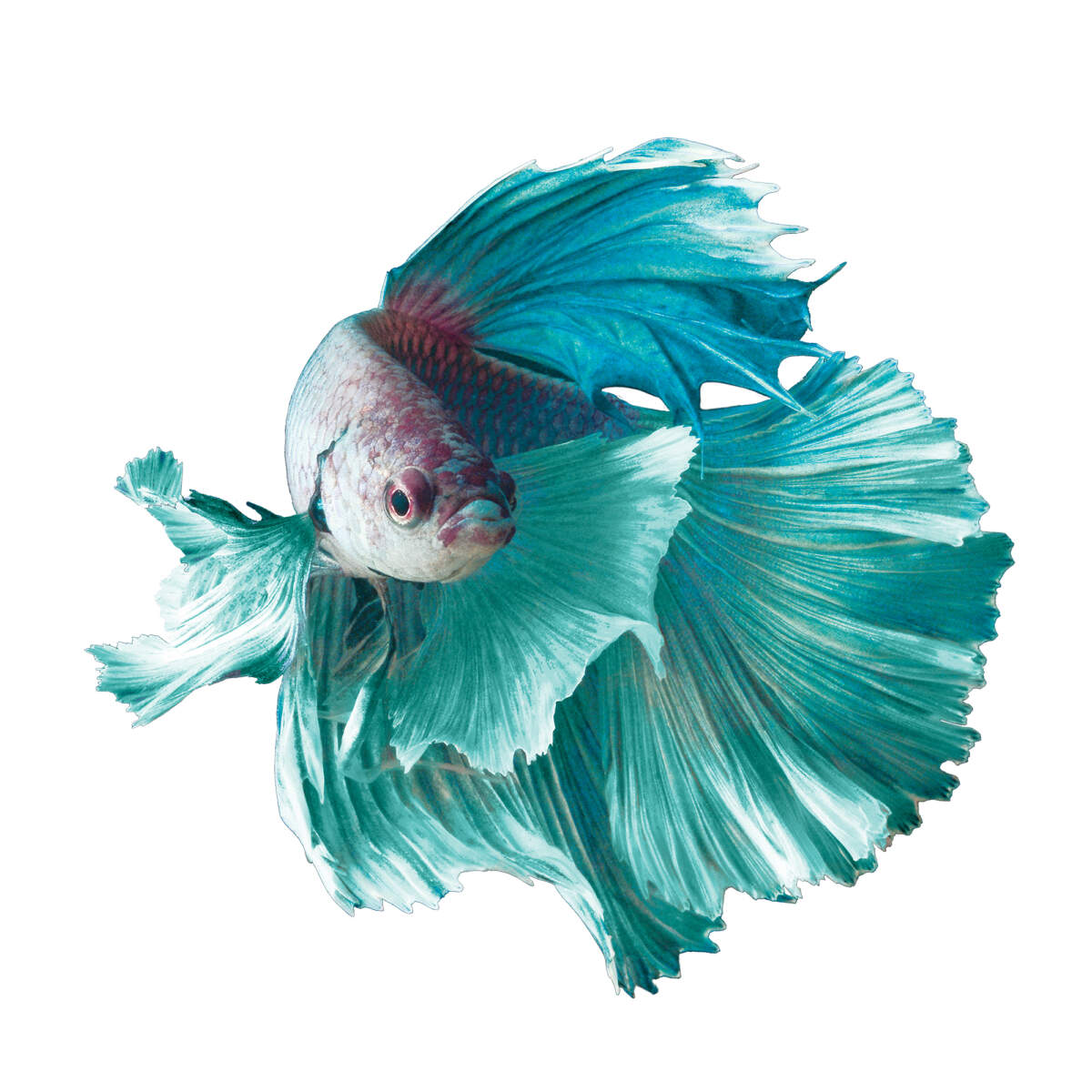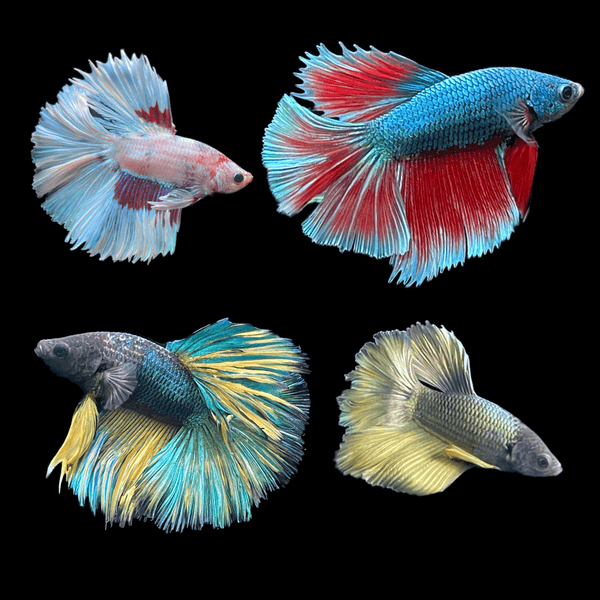Betta Fish Lifespan: How to Ensure Your Betta Lives Longer
Betta Fish Lifespan: How to Ensure Your Betta Lives Longer
Blog Article
The Ultimate Guide to Betta Fish Treatment: Vital Tips for Maintaining a Healthy and Successful Fish Tank Environment
Effective Betta fish treatment demands a detailed understanding of their one-of-a-kind environmental and physical requirements. Developing an ideal aquarium starts with picking the right storage tank dimension and making sure ideal water problems, which are important for the wellness and well-being of your Betta.
Picking the Right Container
Selecting the appropriate container for your Betta fish is essential to ensuring its wellness and well-being. Bettas flourish in atmospheres that mimic their all-natural environments, which usually contain tranquility, cozy waters. A container size of at the very least 5 gallons is advised to provide appropriate swimming room, as smaller sized storage tanks can cause tension and wellness problems for these vibrant fish.
When choosing a storage tank, take into consideration the storage tank's form and filtering system. Additionally, a trusted filtration system is important to keep water high quality and lessen the frequency of water changes.
Temperature law is one more essential factor; Bettas prefer water temperature levels between 76 ° F and 82 ° F. Purchasing a great heating unit will make sure that the water stays within this array, promoting a healthy and energetic lifestyle for your Betta. Lastly, offering suitable container decorations and hiding spots will certainly assist minimize anxiety and urge all-natural actions, further improving your Betta's wellness.
Keeping Water Top Quality
Preserving optimum water quality is essential for the health and long life of Betta fish. This requires routine tracking of numerous parameters, including temperature level, pH, ammonia, nitrite, and nitrate degrees. Bettas thrive in temperatures between 76 ° F and 82 ° F, so preserving a steady temperature is crucial. Abrupt variations can cause tension and disease.
Normal testing utilizing a reliable water screening kit can aid guarantee these specifications remain within the appropriate varieties. Ammonia and nitrite degrees should constantly be at 0 ppm, as even low concentrations can be harmful to Betta fish.
Regular water changes are important to maintaining water top quality. It is suggested to transform 25-50% of the container water weekly, relying on the tank size and equipping levels. Using a top quality water conditioner can assist remove damaging chemicals from faucet water, ensuring a risk-free atmosphere. Furthermore, incorporating a robust filtering system can help in maintaining water clarity and quality, providing a much healthier environment for your Betta fish.
Perfect Feeding Practices
Offering a well balanced diet is critical for the health and wellness and vivid coloration of Betta fish, as their dietary requirements play a considerable function in their overall well-being. Betta fish are meat-eating by nature, needing a diet regimen high in protein. A combination of top quality pellets, icy or live foods such as bloodworms, salt water shrimp, and daphnia can give the important nutrients they require.
Feed your Betta fish a couple of times a day, providing just what they can eat within 2 to 3 minutes to stop overfeeding and maintain water top quality. Overfeeding can result in excessive weight and wellness problems, consisting of swim bladder illness. navigate to these guys It is necessary to monitor their dietary consumption and readjust portion dimensions as necessary.
Along with healthy protein, a well balanced visit this website diet should include vitamins and minerals to promote optimum wellness. Take into consideration supplementing their diet regimen with high-grade flakes or pellets specifically created for Betta fish, as these frequently contain needed additives.

Creating an Ideal Habitat

Water high quality is paramount; maintain a temperature in between 76 ° F and 82 ° F, and make certain the pH level ranges from 6 - betta fish.5 to 7.5. Normal water adjustments of 25-50% weekly will certainly aid maintain contaminants away and make sure a steady atmosphere
Integrating plants and hiding places is crucial, as Betta fish are naturally territorial and delight in having locations to check out and pull away. Live or silk plants, along with caves and accessories, can develop a stimulating environment.

Normal Wellness Checkups
Carrying out routine wellness appointments is essential for making sure the health of Betta fish, as very early detection of prospective issues can stop severe illness. These examinations must incorporate a thorough assessment of the fish's physical problem, actions, and environmental factors.
Begin by observing the Betta fish for any signs of distress, such as sleepiness, anorexia nervosa, or uncommon swimming patterns. Additionally, evaluate the fins and body for indicators of staining, lesions, or fin rot, which can suggest infections or parasites. On a regular basis monitoring the water quality in the fish tank is similarly important; criteria such as pH, ammonia, nitrite, and nitrate degrees should be preserved within optimal arrays to avoid anxiety and illness.
In addition, consider keeping a log of wellness observations and water high quality tests. Timely treatment can make a considerable distinction in the recuperation of your Betta fish, guaranteeing a long and healthy and balanced life in a well-kept fish tank setting.
Conclusion
In final thought, successful Betta fish treatment hinges on producing and keeping an ideal aquarium setting. By complying with these guidelines, aquarists can advertise the well-being and vibrancy of Betta fish, ultimately resulting in a thriving marine community.
Report this page